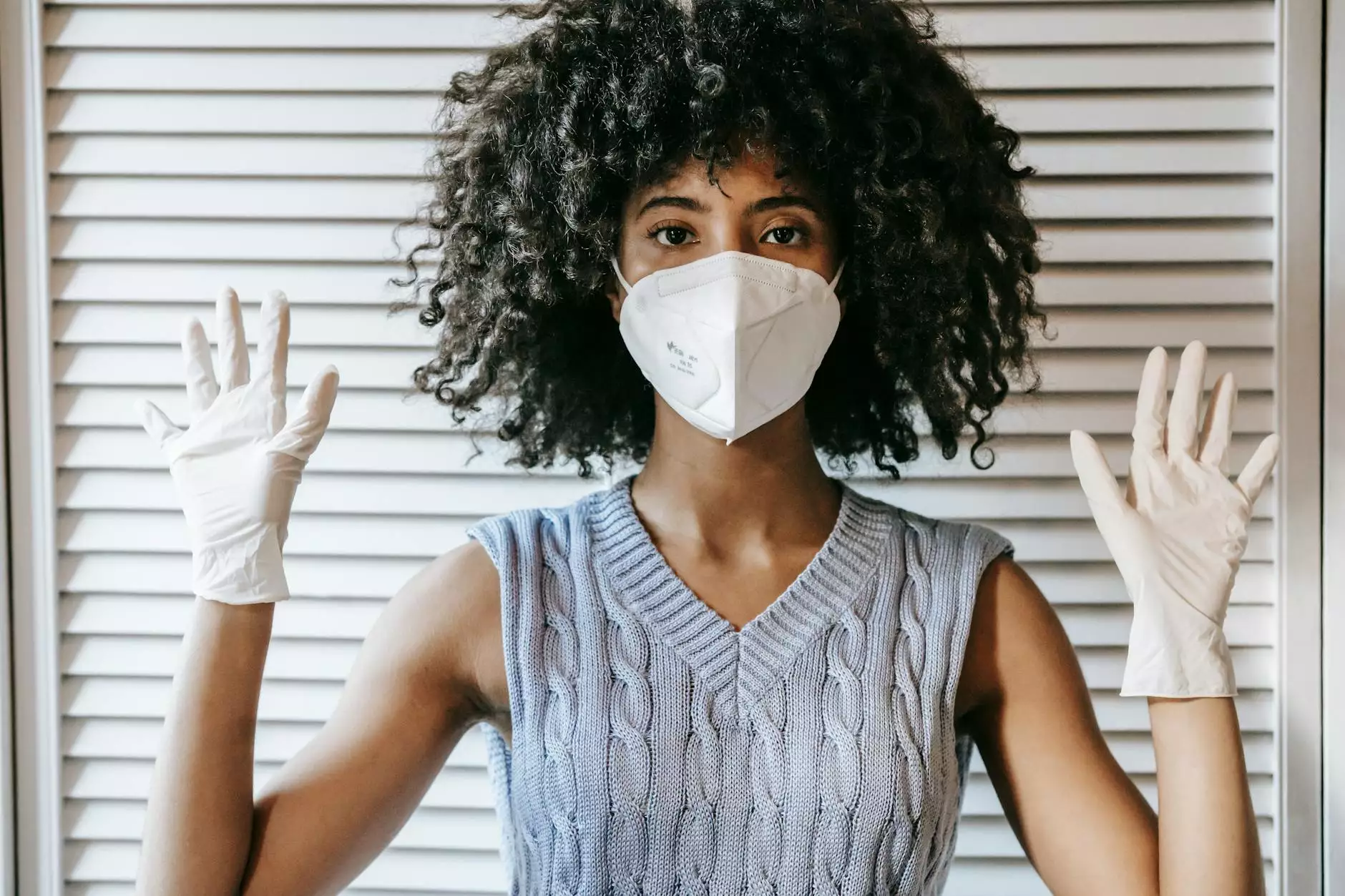How Much Water To Drink A Day For Older Adults
Blog
Introduction
Naab Road Surgical Center, a trusted healthcare provider in the field of aging and wellness, brings you comprehensive information on the importance of proper hydration for older adults.
Why is Hydration Important for Older Adults?
As we age, our bodies undergo various physiological changes that can impact our hydration levels. Older adults are more prone to dehydration due to decreased thirst sensation, reduced kidney function, and certain medications that have diuretic effects.
Staying properly hydrated is crucial for older adults to maintain optimal health. Water is essential for the proper functioning of almost every system in our bodies. It helps regulate body temperature, aids digestion, flushes out toxins, lubricates joints, and supports brain function, among many other benefits.
How Much Water Should Older Adults Drink?
The exact amount of water needed varies depending on individual factors such as age, gender, overall health, and physical activity level. However, a general guideline for daily water intake in older adults is around 8 cups or 64 ounces.
It's important to note that this recommendation includes water from all sources, including beverages and foods with high water content, such as fruits and vegetables. Consuming a variety of hydrating foods can contribute to overall hydration levels.
Factors Affecting Water Needs:
- Medical conditions: Certain conditions like diabetes or kidney disease may require increased water intake
- Physical activity: Engaging in regular exercise or outdoor activities increases the need for water due to sweating
- Medication: Some medications may cause increased water loss or affect fluid balance, consult your healthcare provider for personalized advice
- Climate: Hot and humid climates may increase the risk of dehydration
- Other fluids: Remember that beverages like tea, coffee, and juices can contribute to your overall hydration levels, but be cautious of added sugars and caffeine content
Tips for Maintaining Proper Hydration
To ensure that you stay adequately hydrated, especially as an older adult, Naab Road Surgical Center recommends the following:
1. Keep water readily available:
Keep a water bottle or glass nearby throughout the day to encourage regular sips. Set reminders if necessary.
2. Drink before you feel thirsty:
Because thirst response may be diminished in older adults, it's important to proactively drink water even if you don't feel thirsty.
3. Hydrate during meals:
Include hydrating options like soups, broths, and fruits with high water content in your meals.
4. Limit alcohol and caffeine:
Both alcohol and caffeine can contribute to dehydration, so it's best to consume them in moderation.
5. Track your water intake:
Maintain a daily log to track your water consumption and ensure you're meeting your hydration goals.
6. Consult your healthcare provider:
If you have any specific health concerns or conditions, it's always recommended to consult with your healthcare provider for personalized advice on water intake and hydration needs.
Conclusion
Proper hydration is crucial for older adults to maintain overall well-being and prevent potential health complications. As a leader in healthcare, Naab Road Surgical Center emphasizes the significance of staying hydrated and provides expert guidance to help older adults meet their daily water intake needs. Remember to listen to your body's signals, track your water intake, and consult with your healthcare provider for personalized hydration recommendations.



